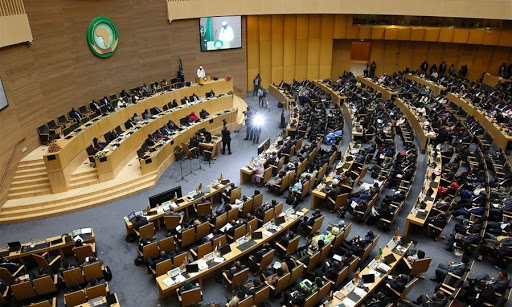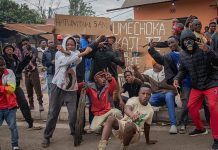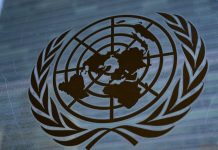Author: DEUS NGOWI
AfricaPress-Tanzania: THE African Court of Human and Peoples’ Rights (AfCHPR) budget during the coronavirus pandemic has been reduced, thus causing persistent crisis.
Launching the 58th Ordinary Session of the Court in Arusha at the end of last week, AfCHPR President Justice Sylvain Ore said with regard to such a condition, they had to fasten their belts, as even in times of crises the dispensation of justice continued.
“Moreover, the effects of the pandemic go beyond conditions for holding our sessions. This could even affect the very substance of justice. In this regard, we need only to consider the conditions of the existence and effectiveness of justice and its continuity, which is the basis for the protection of litigants.
“With regard to the conditions of its existence and its effectiveness, it must be emphasised that the Court’s 2021 budget has been subjected to persistent cuts, forcing us to fasten our belts,” said Justice Ore when opening a virtual session that will see six African countries, including Tanzania, hold the general election, while there has been a revolution in Mali.
He added that it was not without reason that the right to fair trial was at the centre of the insubstantial rights of derogation.
To remedy this, he said the Permanent Representatives’ Committee (PRC) of the African Union (AU), on Court’s behest, successfully recommended to the Executive Council to reconsider its decision to prohibit the Court from receiving donor assistance during this period.
“We do extend our thanks to the PRC in this regard. On the continuity of justice, as we know, the mandate of the Bureau of the Court has to end and circumstances have not made it possible for the election of new judges to take place. The sacrosanct principle of the permanence of justice has forced us to take a stand to deal with the risk of a legal vacuum, a notion incompatible with the very essence of the judiciary,” he noted.
In this respect after a briefing to judges on the possibility of the present Bureau continuing governing the institution until the next election, participants upheld it by renewing their confidence in the Bureau in laudatory terms and a praiseworthy appreciation.
“But in reality, the merit goes to you because it is so easy and pleasant to lead a team of Judges who are wise, rigorous, honest, humane and open to dialogue. Receive the tribute of our gratitude and the expression of our commitment to continuing this ministry in the service of the Court,” he said.
The content that outlines the specific features of the challenges of the current session are presented against the backdrop of current political events marked by the risk of conflict in several parts of the continent.
“Elections and governance will be the subject of serious concern for our contemporaries in the coming days as the electoral year looms for six countries on the continent. Allow me to recall that the right to free and fair elections and the problem of migration, displaced persons and refugees was at the heart of our last Judicial Dialogue held in Uganda.”
“Naturally, justice is the last resort both nationally and internationally and its impartiality will largely determine peace and social harmony. In this regard, I deem it is necessary to recall my concluding remarks from this Judicial Dialogue when I addressed national and international judges, I said: “the major satisfaction is that you have, once again, unanimously affirmed the imperative for judges to demonstrate courage, independence and integrity, qualities that constitute their legitimacy… that these assertions have been reaffirmed is a testimony to their success,” he reiterated.







